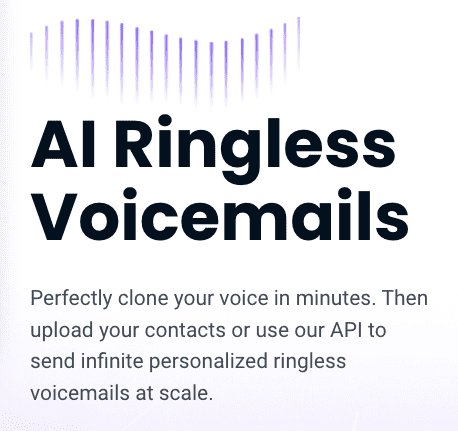Brief Summary
Grantable transforms the grant proposal crafting process through its AI-driven platform that aims to boost effectiveness while preserving the distinctive expression of each user. By capitalizing on earlier proposals, Grantable's AI aide aids users in composing fresh submissions expeditiously, offering a productivity boost of fivefold and accelerating writing by 80%. This groundbreaking tool ensures the genuineness of content by employing your own examples, and it emphasizes security by complying with SOC Type 2, assuring that user content is never utilized to train its AI.
The platform is exceedingly intuitive, enabling newcomers to effortlessly sign up, submit their writing samples, and commence producing top-notch proposals with AI help. Grantable's intelligent repository effectively categorizes content, while its immediate search and content recirculation advice streamline the composition process. Features like quick reference material integration and straightforward document maneuverability further bolster productivity.
Supported by sector frontrunners such as Kristen Visser and Brian Meagher, Grantable has been shown to be a game-changing tool in acquiring grants and broadening organizational reach on a global scale. Furthermore, the platform offers a cost-free AI Grant Writing Course, empowering users to further elevate their grant-proposal skills. Grantable shines as a secure, efficient, and essential tool for grant writers aspiring to maximize their achievement.
Main Characteristics
- AI-enhanced drafting: Employs AI to assist users in swiftly composing grant proposals, utilizing prior successful submissions to guarantee top-tier content.
- Intelligent content repository: Categorizes and stores past proposals, facilitating easy retrieval and recirculation of content, enhancing writing efficiency.
- Original voice retention: Tailors users' distinct writing styles in new proposals, ensuring that the final submissions remain faithful to their authentic voice.
- Robust security protocols: Safeguards user information with SOC Type 2 adherence, never utilizing personal data to train AI systems.
- Quick search and reuse: Supplies potent search capabilities to swiftly find appropriate content from past proposals for new applications, streamlining the composition process.
- Complimentary AI writing course: Offers a free course on AI grant writing, aiding users in honing their skills and enhancing their success rate in obtaining grants.
Advantages
- Collaborative writing: Allows multiple users to contribute to the same proposal simultaneously, promoting teamwork and improving proposal quality through a variety of perspectives.
- Deadline alert system: Furnishes a calendar tool that notifies users of upcoming deadlines, ensuring timely proposals and better organization.
- Adaptable templates: Provides a variety of pre-constructed templates that can be customized to suit various grant demands, saving time and improving presentation.
- Performance metrics: Delivers comprehensive reports on the success rates of submissions, assisting users in refining strategies and bettering future proposals.
- Instantaneous feedback: Incorporates an AI-powered feedback mechanism that offers enhancement suggestions on drafts in real time, improving content quality.
Disadvantages
- Challenging interface navigation: Users might find the interface overwhelming due to the abundance of features, possibly leading to a steep learning curve.
- AI dependency: Heavy reliance on AI for drafting might hamper the development of users' own grant writing abilities over time.
- Uniform content risk: Although reusing content increases efficiency, it might lead proposals to seem too alike and not uniquely tailored to specific grants.
- Continuous update necessity: Regular updates are vital to maintain AI efficiency, which might disrupt user experience if not handled smoothly.
- Limited innovative input: The tool's reliance on past successful submissions could restrict opportunities for innovative or creative strategies in new proposals.



